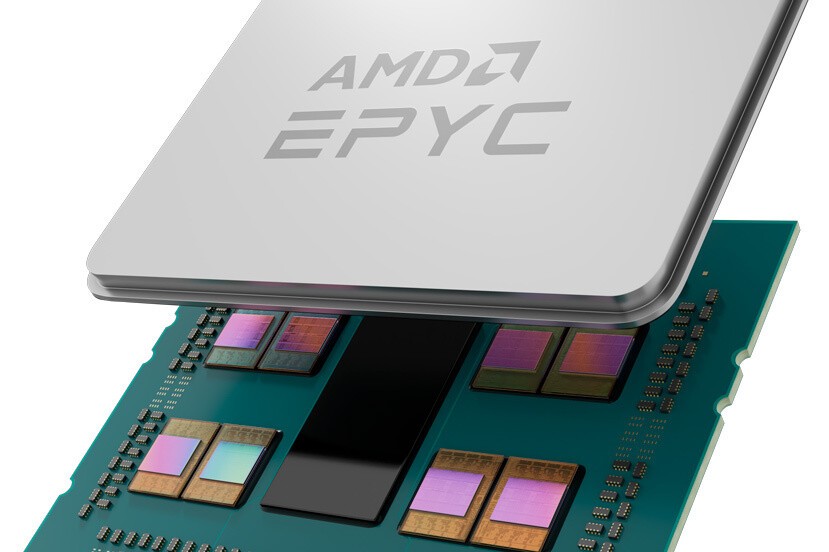
In a striking shift within the processor industry, AMD has captured 28.7% of the consumer desktop CPU market, marking a notable increase in its market share. This development signals a growing challenge to Intel's long-standing dominance in the sector.
The surge in AMD's popularity among desktop users comes as no surprise to industry watchers. The company's Ryzen series of processors has garnered praise for its performance and value, attracting both enthusiasts and everyday consumers alike. This steady climb in market share reflects AMD's commitment to innovation and competitive pricing strategies.
But AMD's success isn't limited to the desktop arena. The company has also made substantial inroads in the server chip market, a sector traditionally dominated by Intel. This expansion into enterprise-level hardware demonstrates AMD's comprehensive approach to market growth, targeting both consumer and business segments simultaneously.
The increasing adoption of AMD processors in data centers and cloud computing environments underscores the company's technological advancements. Their EPYC series of server chips has proven to be a formidable competitor to Intel's offerings, providing high performance and energy efficiency at competitive price points.
As AMD continues to erode Intel's market share, the implications for the tech industry are profound. Increased competition often leads to accelerated innovation and more competitive pricing, potentially benefiting consumers and businesses alike. It also puts pressure on Intel to respond with its own innovations and strategic adjustments.
This shift in the CPU landscape represents more than just changing market percentages. It signals a new era of competition in processor technology, promising exciting developments for computer users across all sectors. As AMD's star continues to rise, the once-unassailable position of Intel faces its most serious challenge in decades.
The coming years will likely see an intensification of this rivalry, spurring further advancements in processor technology. For consumers and businesses, this competition translates to more choices, better performance, and potentially more affordable computing solutions.
As the battle for CPU supremacy heats up, one thing is clear: AMD's ascent has reshaped the processor market, creating a more dynamic and competitive landscape that promises to drive innovation for years to come.